There, cops tragan verga every two seconds
Original by Emmanuel Molina
Translated/Adapted, from the Spanish, by Julia Kott
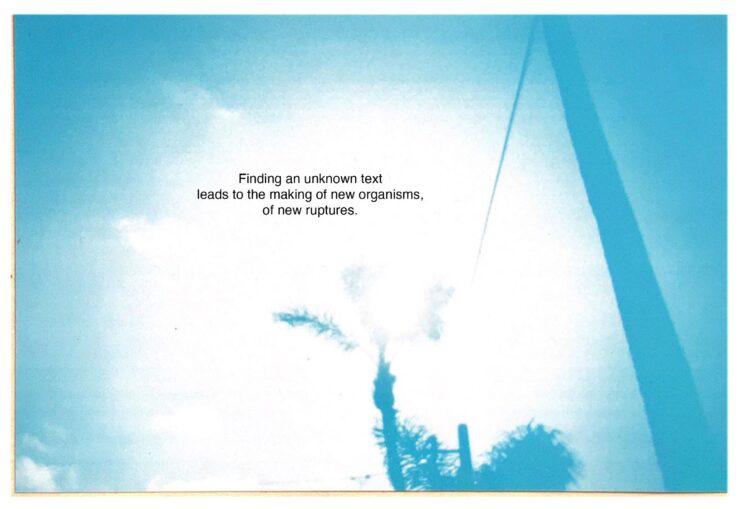
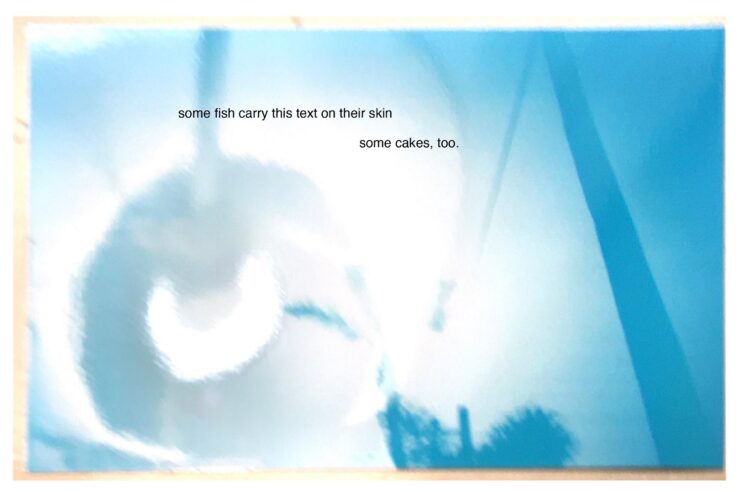
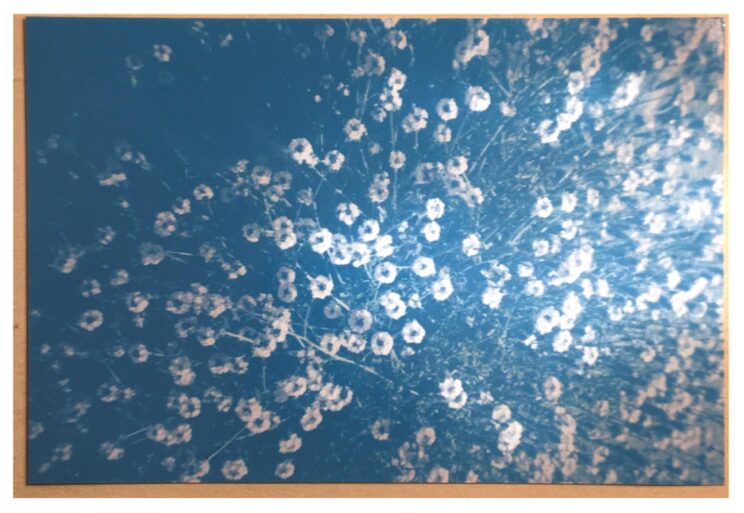
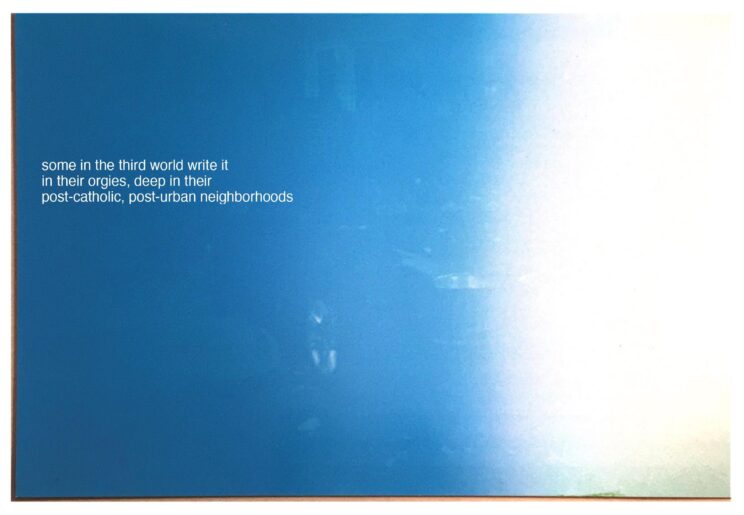
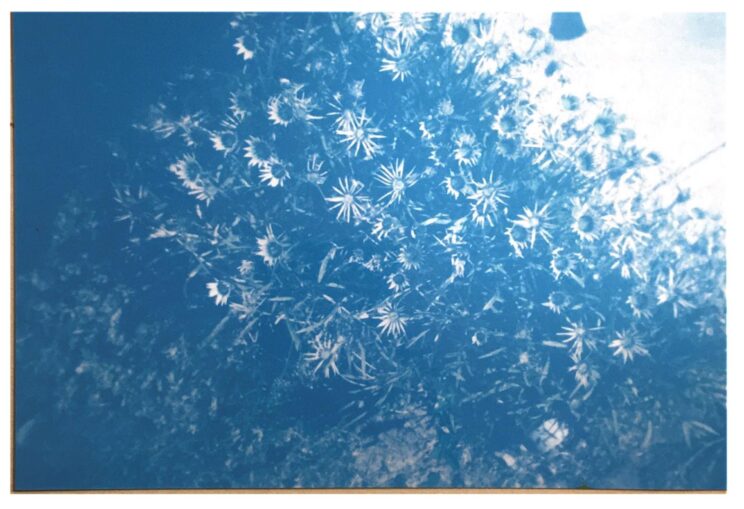
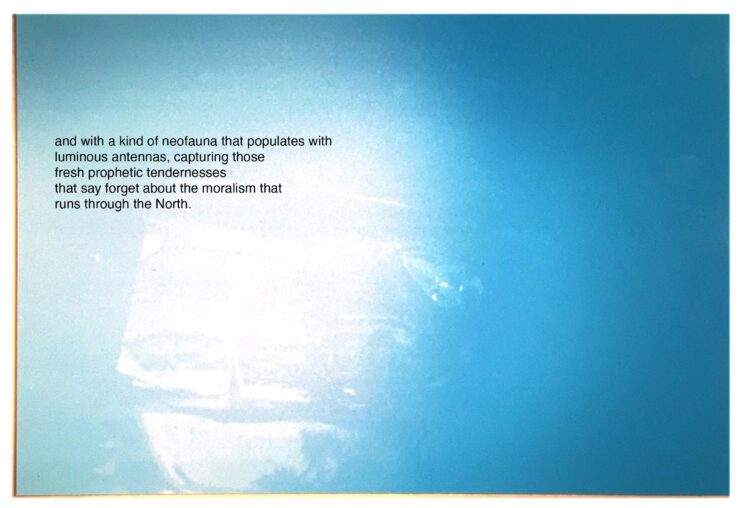
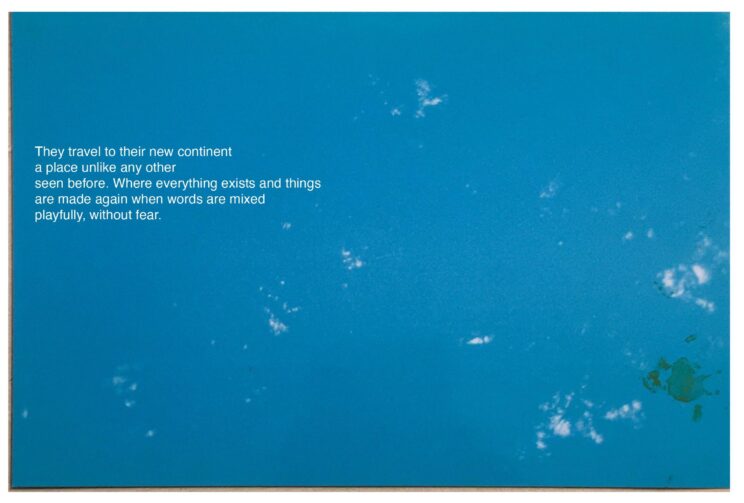
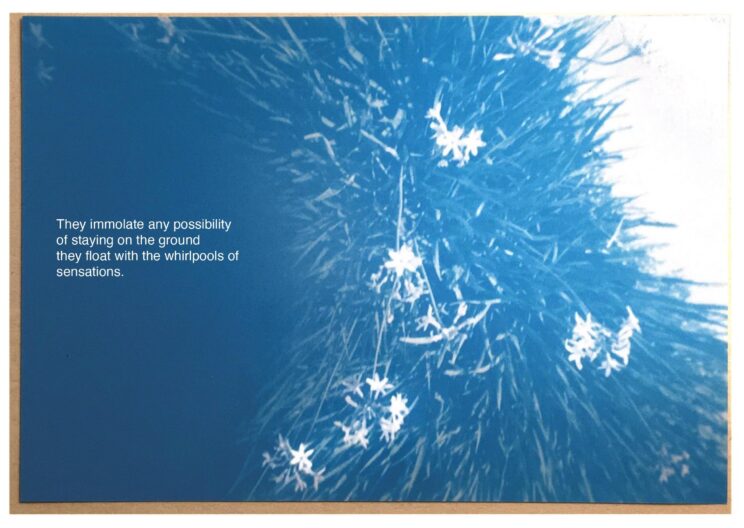
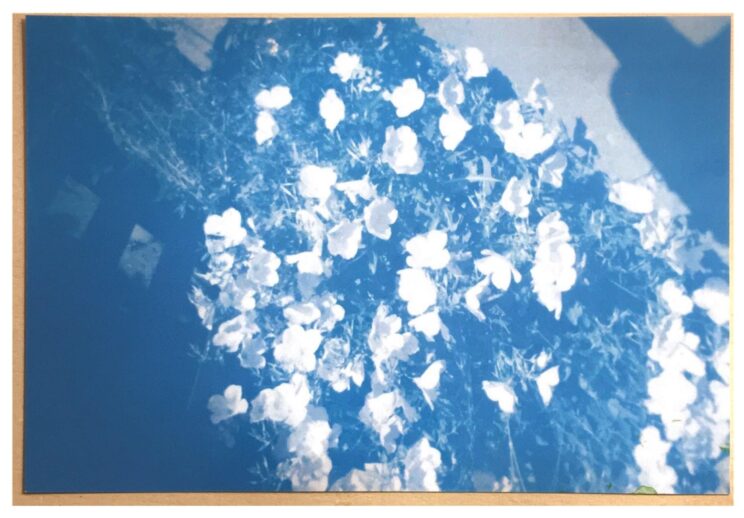
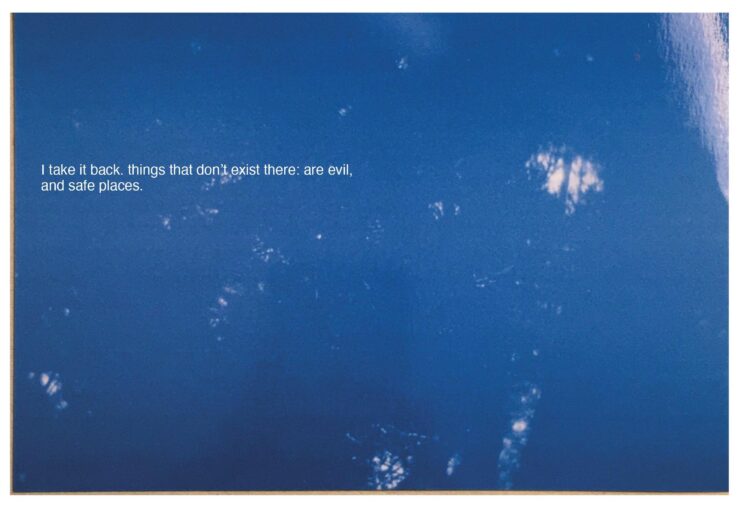


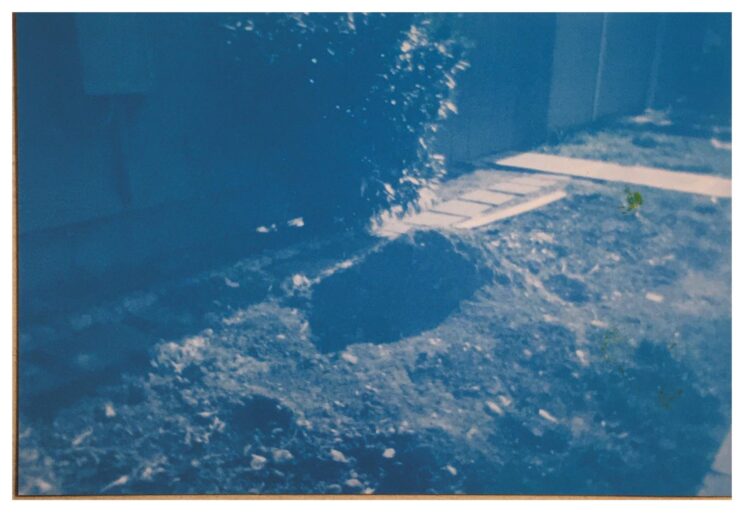
allí, los policías tragan verga cada dos segundos
Encontrar una escritura desconocida
lleva a hacerse de nuevos organismos,
de nuevas rupturas.
Algunos peces llevan esa escritura en su piel.
Algunos pasteles también.
Algunos tercermundistas la escriben
en sus orgías en lo profundo de sus
barrios postcatólicos, posturbanos y
con cierta neofauna que pobla de
antenas luminosas capturadoras
de esas frescas ternuras proféticas
que proponen olvidarse de la
moralina que recorre el Norte.
Inmolan cualquier posibilidad
de mantenerse en tierra,
flotan con los remolinos de
las sensaciones.
Viajan a su nuevo continente
que no tiene forma de ningún otro
antes visto. Allí todo existe, y las cosas
se configuran cuando mezclan
lúdicamente las palabras sin espanto alguno.
Me retracto, allí lo que no existe: es la maldad,
ni los lugares seguros.
Allí, los policías tragan verga cada dos
segundos, los jarabes y los hongos crecen en los
oxxos, y son gratis para todxs.
Julia Kott is a PhD student in Communication and Science Studies at UC, San Diego. Her work centers around how people and objects become sites of suspicion, and how cheating is suspected, detected, and managed in various contexts. This is her first work of translation.
Emmanuel Molina is a fickle printer; the son of a blacksmith and a maquiladora/San Ysidro house cleaner, who are both now U.S. citizens. Molina is part of the collective ediciones caradura in Tijuana.
Translator’s Note:
I tried many different ways of making sense of this poem, to move it from Spanish to English. At first I saw my role as technical–working to produce the most accurate word for word translation I could. If I could do that, I thought, Emmanuel’s writing would come through, revealing its beauty through the relationships between the words. The words might change shape, but they could mean the same things.
As I struggled to put each of Emmanuel’s words into English, wanting only this movement from one language to another, unable to imagine myself as part of the process, thinking of myself almost as a machine, a conduit, something was always missing. From talking to and hearing from poets, especially Uly Dunn, K Jacobson, and others, I realized what is perhaps obvious: the translation makes an intervention, has an opinion, and always places the translator within the work.
This was particularly apparent as I tried to translate the central phrase of the poem: “tragan verga.” I returned again and again to this phrase. Literally, it means something like “they suck cock” or “swallow dick,” but the translation into English is insufficient. “Verga,” in Mexico, is used so differently in everyday language than “cock” or “dick” is used in the U.S. My attempts at translations kept missing something important about its true use and meaning. In the end, I decided to present those words in both languages in the final stanza of the poem.
In terms of format, Emmanuel and I talked about putting the poem on a series of images, and I selected these because I felt they captured the dreamy, haziness of imagined utopias.
